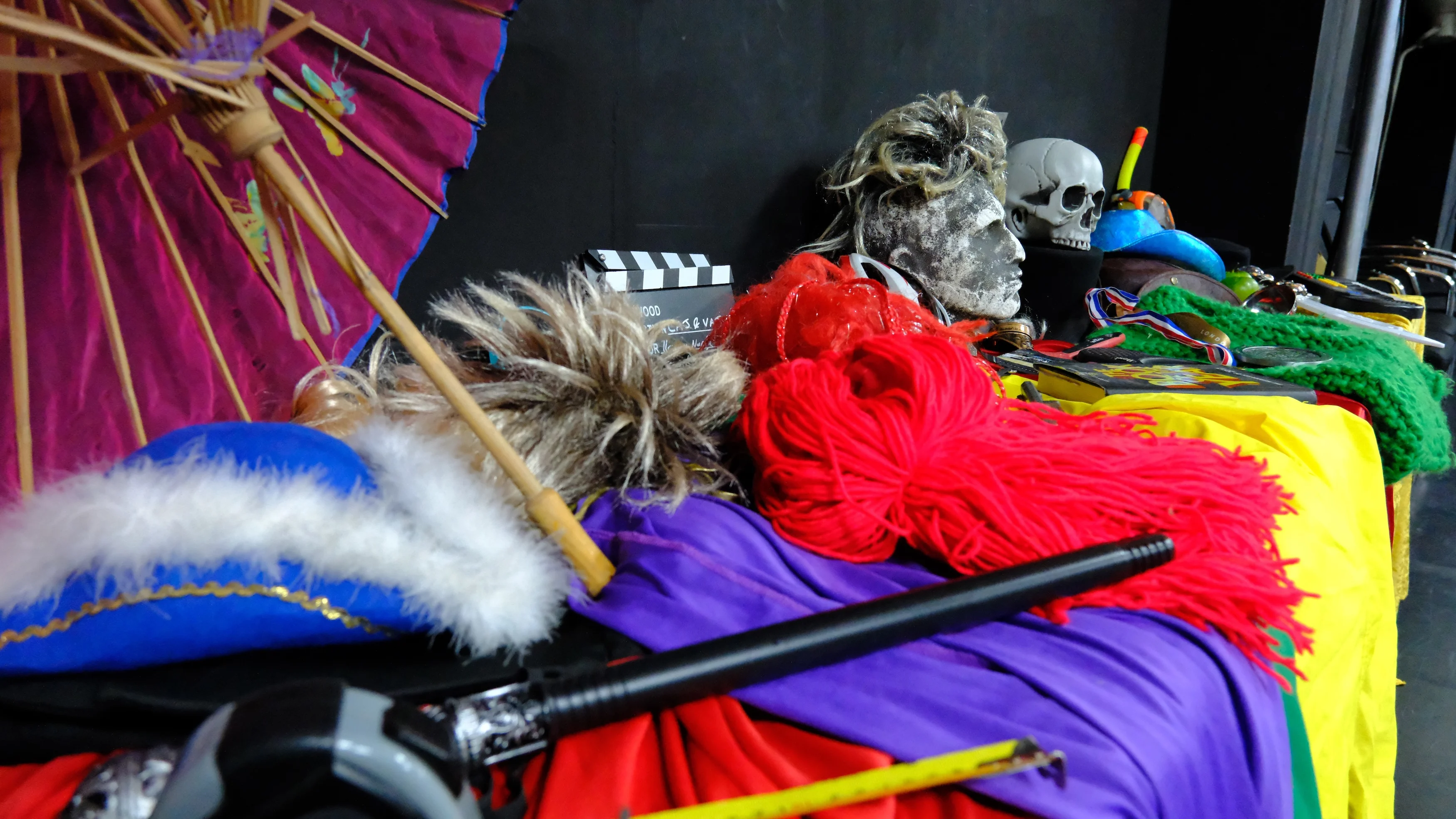
Make Friends Have Fun With Props: Play Games, Discover, Connect - Playface x The Fun Fed
Old Winchester Arms, London
Learn More

Improvised comedy (or improv) is a form of comedy where the performers create scenes, games, or entire shows on the spot, usually based on suggestions from the audience. There's no script, no plan - just quick thinking, playful offers, and a whole lot of listening.
It’s the art of making it up as you go along - but with structure. Improv isn’t just chaos (although it can look like it); it’s a set of tools, games and formats that help performers co-create funny, surprising, and often moving moments live on stage.
While improv can include characters, physicality, and narrative, its heart lies in collaboration, agreement, and spontaneity.
Unscripted and made up in real-time
Often based on audience suggestions
Can be short-form (quick games and scenes) or long-form (entire shows or stories)
Performed in groups, with a focus on ensemble and listening
Usually scene-based, with performers talking to each other rather than to the audience
Yes, And… — building on each other's ideas
Making your partner look good
Playing the truth of the moment
Following the fun — if something’s working, go deeper
Being changed — allowing offers to affect your character
Short-form improv: Fast-paced games with clear rules (e.g. Whose Line Is It Anyway?)
Long-form improv: Looser structures that build scenes and stories (e.g. The Harold, Armando, or Monoscene)
Improvised musicals, soap operas, murder mysteries, even fully improvised plays
Stand-up: Improv is collaborative and unscripted, stand-up is usually solo and written.
Sketch: Sketch is pre-written, performed the same way each time. Improv is never the same twice.
Clown: Clown shares improv’s love of spontaneity, but is more focused on audience connection and emotional vulnerability.
Character Comedy: Improv may feature characters, but character comedy is usually scripted and solo.
Asking the audience for a location and playing a full scene in a laundromat
Playing a game where every line must rhyme
Creating a new genre movie from scratch based on a one-word prompt
